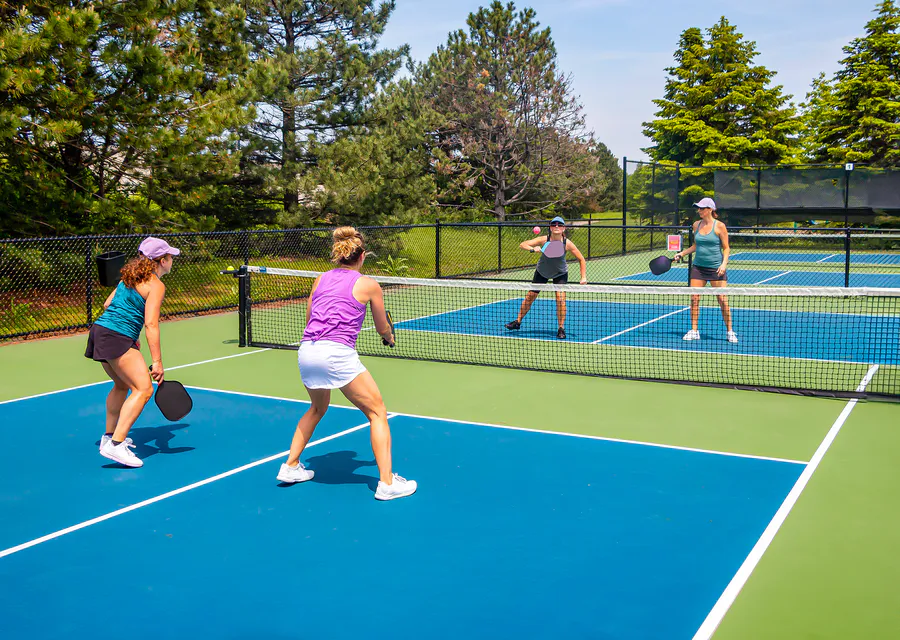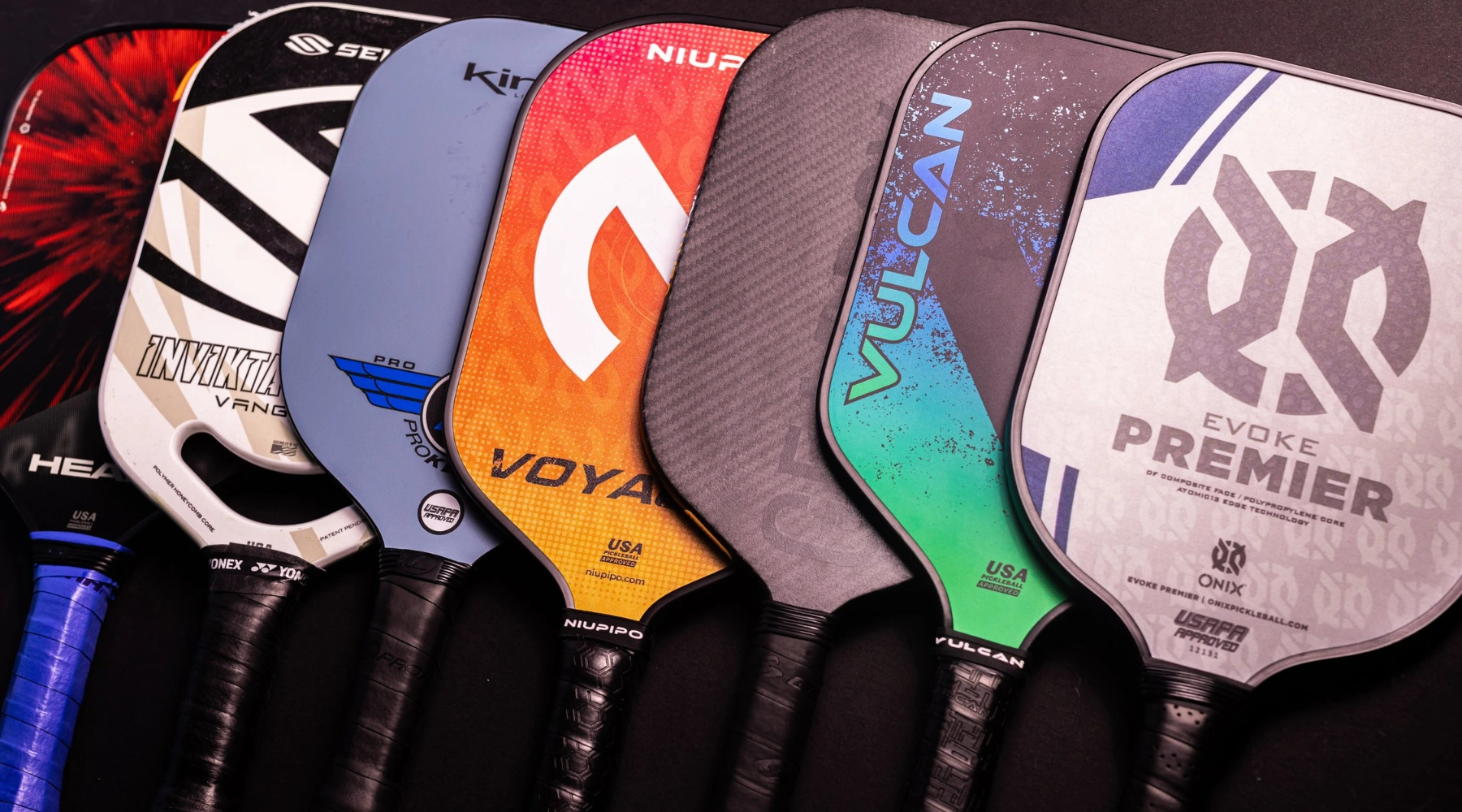Photo Credits to: Nike
Pickleball’s meteoric rise isn’t just about a fun new pastime—it’s about how the game makes people feel. Easy to learn, welcoming to all ages, and usually played in doubles, pickleball blends moderate exercise with constant face-to-face interaction. That combination delivers a reliable post-game lift and a growing circle of familiar faces. In short, it’s not just good for your body—it’s good for your social life and mental health, too.
Why pickleball lifts spirits
- Built-in feel-good effect: Even moderate activity nudges your heart rate up, which is linked with improved mood, clearer thinking, and lower stress. Short rallies and quick points mean frequent wins, micro-goals, and laughter—tiny rewards that accumulate across a session.
- Low barrier, high payoff: Simple rules, small court, and light equipment make it easy to start—and easy to succeed. Early success reduces the “try-something-new” anxiety and encourages people to keep showing up.
- Focus without pressure: The game’s pace invites a gentle “flow state”: you’re focused on the next shot, not your inbox. That present-moment attention acts like a reset for a busy mind.
How pickleball builds belonging
- Inherently social format: Doubles play, partner rotations, and open-play courts maximize interaction. You don’t need a set team; you’ll meet new partners and opponents every session.
- Inclusive by design: Players of different ages and skill levels can rally together with small rules tweaks or courteous pace. This inclusivity reduces cliques and widens the welcome mat for newcomers.
- Communities that stick: Clubs, leagues, round-robins, and casual “drop-in” sessions create rhythms and rituals—names you learn, stories you share, post-match coffee you look forward to. Over time, that routine becomes a support network.
- Shared identity: Regulars start to self-identify as “picklers,” swapping tips, celebrating milestones, and cheering each other on. That shared identity strengthens trust and keeps people coming back.

Photo Credits to: Engoo
The synergy: mood & connection
Better mood makes us more open and sociable; stronger social bonds protect and stabilize mood over time. Pickleball delivers both at once. You leave the court physically energized and socially topped up—a double benefit that compounds week after week.
Practical ways to tap into the “social sweat”
- Start with open play: Look for beginner-friendly or social sessions where partners rotate.
- Mix partners often: Switching sides and teammates breaks the ice and broadens your circle.
- Join a league or club: A light structure makes it easier to stay consistent and meet people at your level.
- Add simple rituals: A five-minute debrief, a group photo, or post-game snacks turn playmates into friends.
- Welcome newcomers: A quick rules rundown or invite to warm up can change someone’s whole experience.
- Show up regularly: Consistency is the engine of belonging—familiar faces turn into a community.
In an era of rising stress and shrinking social circles, pickleball offers something rare and restorative: a place where movement, laughter, and community meet. It’s exercise that feels like a hangout, a hobby that turns into a support system, and a simple game that leaves you lighter in spirit and richer in friendships.
Across parks and clubs in Asia, pickleball is quickly becoming more than a sport—it's a social lifeline. Players gather not just to compete, but to connect, share laughs, and build community across generations. Pickleball in Asia is proving that belonging can be found on a small court with a paddle and a smile.
























